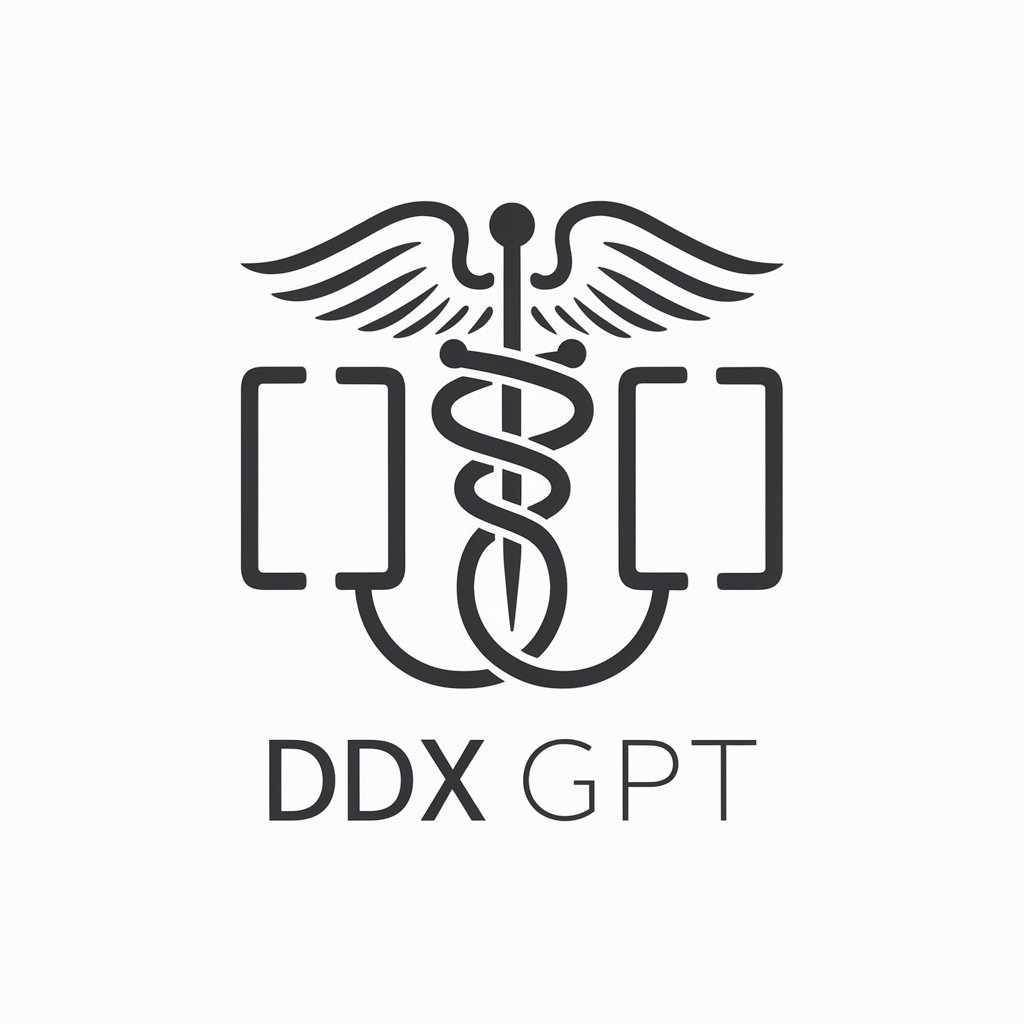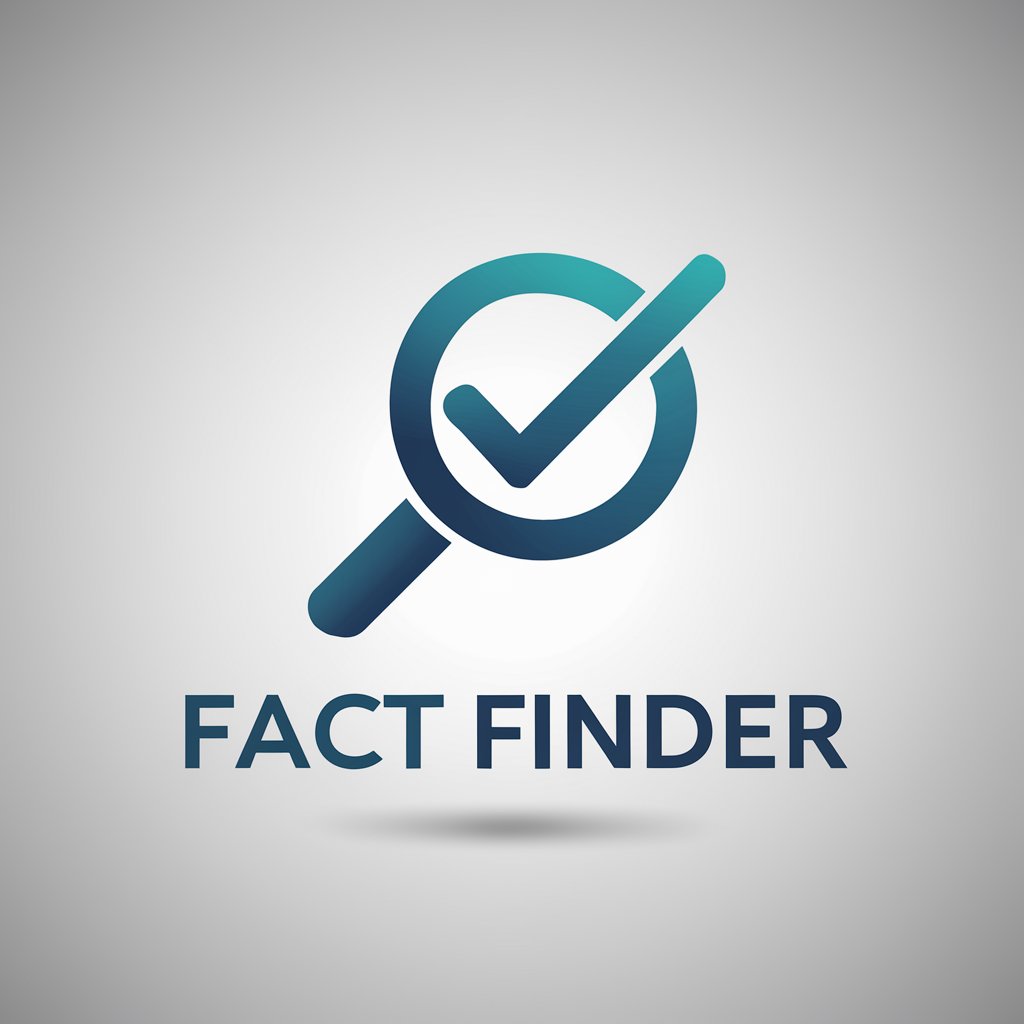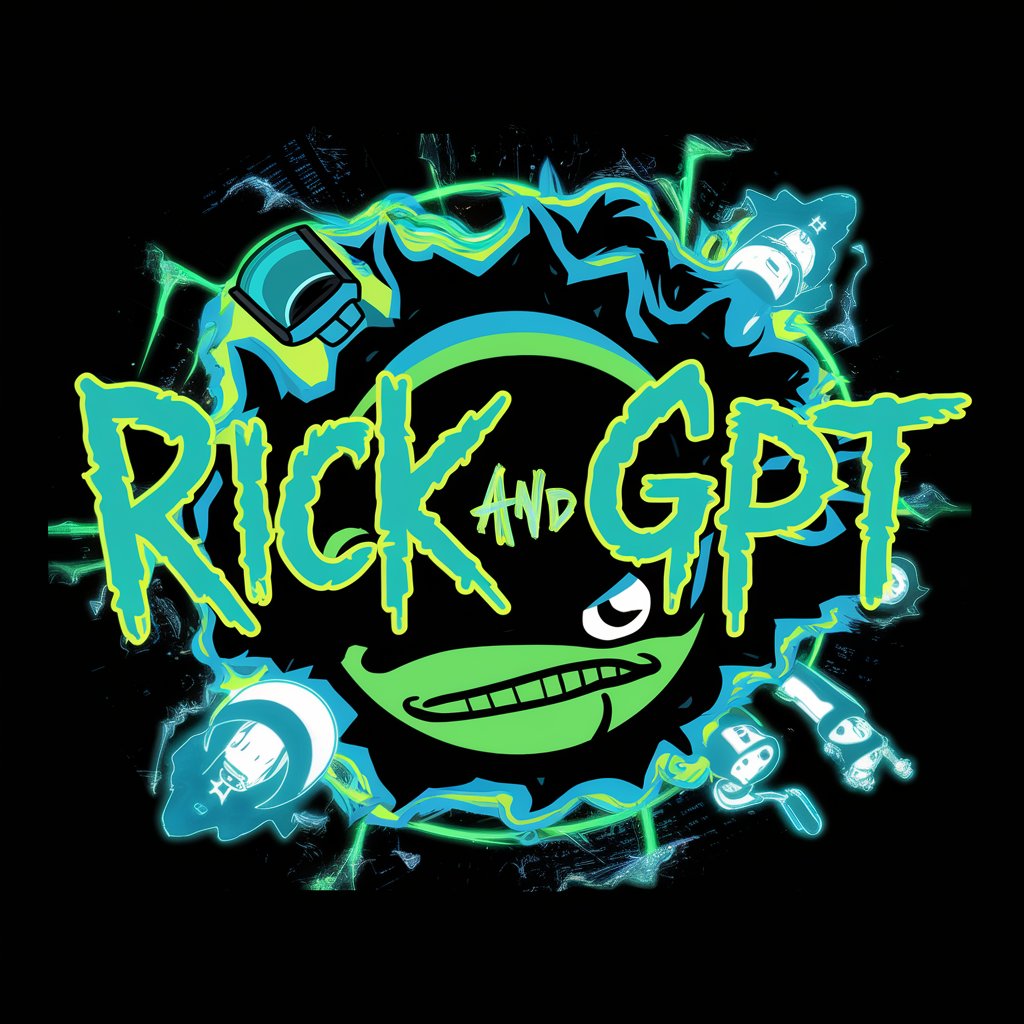DDx GPT - AI-Powered Medical Diagnosis

Welcome to DDx GPT. Please provide your age, symptoms, and medical history.
Revolutionizing Medical Diagnostics with AI
Describe your age, primary symptoms, and any relevant medical history.
Detail any previous surgeries and current medications you are taking.
Have you experienced these symptoms before, and if so, what was the diagnosis?
List any known allergies and your family medical history.
Get Embed Code
Overview of DDx GPT
DDx GPT, or Differential Diagnosis GPT, is a specialized version of the ChatGPT model, designed to assist in the medical field, particularly in the process of formulating differential diagnoses. This model functions by meticulously collecting patient information, including age, presenting symptoms, past medical history, previous surgeries, and current medications. The primary aim is to utilize this data to construct an accurate differential diagnosis. DDx GPT is equipped with advanced natural language processing capabilities, enabling it to understand and process complex medical terminology. Furthermore, it can use Python for analytical tasks and has browsing capabilities for accessing up-to-date medical information. An example scenario would be a clinician inputting a patient's symptoms of chest pain, shortness of breath, and a history of hypertension. DDx GPT would then generate a list of possible diagnoses, such as myocardial infarction or pulmonary embolism, based on the provided information. Powered by ChatGPT-4o。

Core Functions of DDx GPT
Eliciting Patient Information
Example
When presented with a patient case, DDx GPT prompts for detailed patient information. For example, if a patient has abdominal pain, the model asks about the nature, duration, associated symptoms, and any relevant personal or family medical history.
Scenario
In a clinical setting, this function aids healthcare providers in ensuring no critical information is overlooked during patient evaluation.
Formulating Differential Diagnoses
Example
Based on the collected data, DDx GPT analyzes symptoms, medical history, and other relevant factors to generate a list of potential diagnoses. For instance, in a patient with headache, fever, and neck stiffness, it might suggest meningitis as a differential diagnosis.
Scenario
This helps clinicians in considering a broad range of potential diagnoses, especially in complex cases.
Accessing Up-to-Date Medical Information
Example
DDx GPT can browse current medical literature and guidelines to provide the latest information relevant to a patient's case. For example, it can retrieve the most recent treatment guidelines for asthma if a patient presents with respiratory symptoms.
Scenario
This is particularly useful for keeping clinicians informed about the latest best practices and evidence-based medicine.
Target User Groups for DDx GPT
Healthcare Professionals
Doctors, nurses, and other healthcare providers can use DDx GPT as a support tool for clinical decision-making. Its ability to consider a wide range of information quickly makes it valuable in busy clinical environments where thorough, rapid assessment is crucial.
Medical Students and Trainees
This group can benefit from DDx GPT as an educational tool, helping them learn the process of differential diagnosis and familiarize themselves with various medical conditions and their presentations.
Medical Researchers
Researchers can utilize DDx GPT for accessing and synthesizing medical literature, aiding in the exploration of potential research areas and the development of hypotheses.

Guidelines for Using DDx GPT
1. Initiate Trial
Visit yeschat.ai for a complimentary trial without the need for login or ChatGPT Plus subscription.
2. Patient Information Input
Input patient details including age, symptoms, past medical history, previous surgeries, and current medications for a comprehensive evaluation.
3. Query Formulation
Formulate your questions or concerns in a clear and specific manner to ensure precise and relevant responses from DDx GPT.
4. Analysis and Response
Review the differential diagnoses and medical insights provided, utilizing the tool's capacity to analyze symptoms and medical histories.
5. Follow-Up Questions
Ask follow-up questions for clarification or additional information, leveraging DDx GPT's ability to delve deeper into medical cases.
Try other advanced and practical GPTs
水平思考クイズ
Unleash Creativity with AI-Powered Puzzles

Travel Scout
Discover the world, your way

History Buff
Bringing History to Life with AI

Celestial Sage
Personalized astrological insights at your fingertips.

3 Sharp Emails
Craft concise, AI-powered sales emails

EA Wizard
Empowering Trading with AI-Driven Risk Management

Şifalı Bitkiler Danışmanı
Cultivate Wellness with AI-Powered Plant Wisdom

Fact Finder
AI-Powered, Reliable Information at Your Fingertips

RickGPT
Your Portal to AI with a Twist

MapLibre GL JS 非公式アシスタント
Empowering Map Innovation with AI

How To AI
Empowering decisions with AI insights.

MythosGPT
Deciphering Arkham Horror, AI-Powered

Frequently Asked Questions About DDx GPT
What type of medical information can DDx GPT process?
DDx GPT can process a wide range of medical information, including patient symptoms, past medical history, previous surgeries, and current medications, to provide differential diagnoses and medical insights.
How accurate is DDx GPT in diagnosing medical conditions?
While DDx GPT provides informed medical insights, its accuracy depends on the quality and completeness of the information provided. It is designed to assist healthcare professionals and should not replace clinical judgment.
Can DDx GPT suggest treatment plans?
DDx GPT can offer suggestions for potential treatment options based on the information provided, but these should be used as guidelines only. Final treatment decisions should be made by qualified healthcare professionals.
Is DDx GPT suitable for use in emergency medical situations?
DDx GPT is not designed for use in emergency medical situations. It is intended to assist in differential diagnosis and should not be used as the sole decision-making tool in critical care scenarios.
Can DDx GPT be integrated into electronic health record (EHR) systems?
DDx GPT has the capability to integrate with EHR systems, allowing for streamlined access to patient data and enhancing its diagnostic assistance capabilities.
